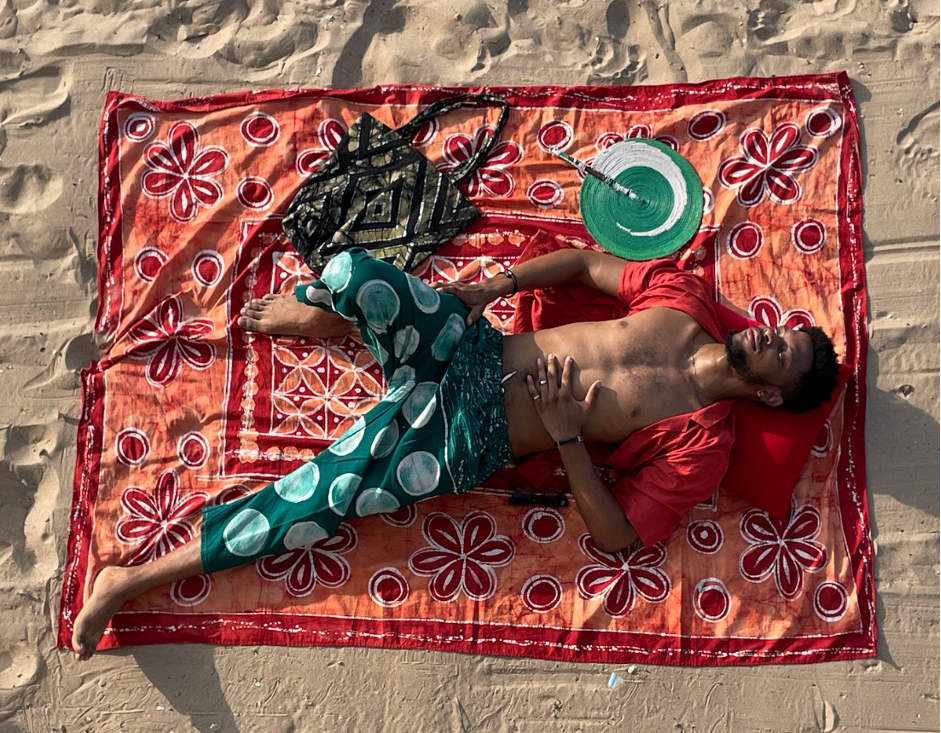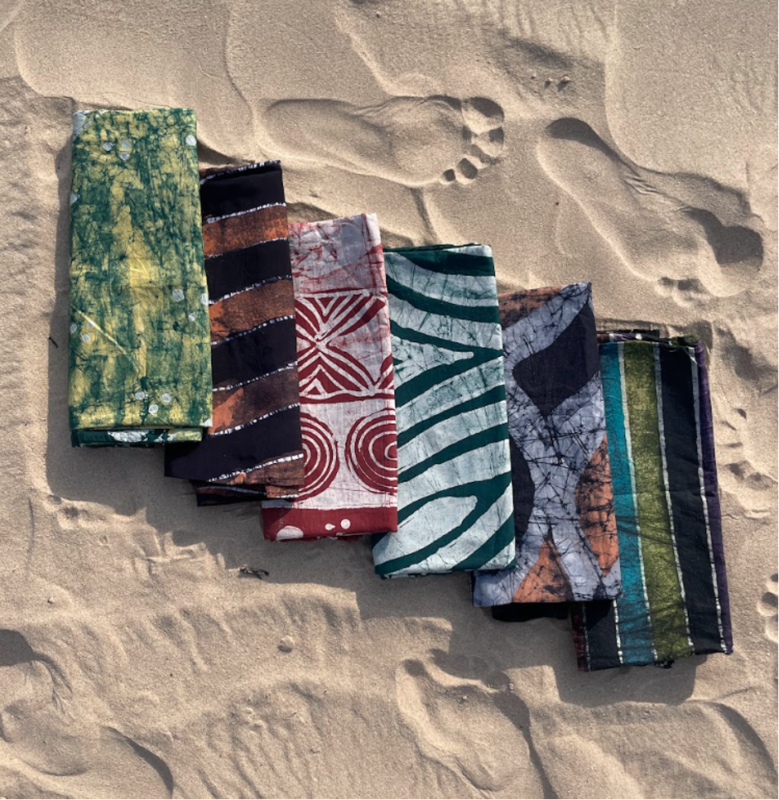The Digital Threat: Preserving the Art of Batik Making in Nigeria

I’ll never forget the first time I stumbled upon a vendor selling batik clothes at Bogobiri, Lagos, Nigeria. The vibrant colors, intricate patterns, and soft texture of the fabric instantly captivated me. It was more than just clothing; it was a piece of art, a connection to Nigeria’s rich cultural heritage.
Little did I know that this chance encounter would change my life forever.
My infatuation with batik grew into a passion, leading me to leave my tech job and start Zakai. I was inspired by the beautiful batik clothes I often bought from vendors at Bogobiri and Tarkwa Bay. The unique designs, high-quality dyes, and the sheer artistry of the fabric were simply irresistible.

It was during a conversation with my favorite batik seller, Dayo, that I realized the potential for a business. Dayo shared stories about his father, a skilled batik maker, and expressed concerns about the future of this traditional craft. He feared that batik making might disappear with his generation.
Watch my interview with Dayo here
The rise of AI technology has raised concerns about the erosion of human touch in art and customer experience. As humans in the 21st century, we want things quicker, cleaner and cheaper. Why buy a painting that costs N1,500,000 when you can get a knock off digital print version in Lagos traffic that costs N30,000. Why pay N250,000 to a digital illustrator or animator for a job and have to wait 2 weeks when you can get “the same” thing for a $10 monthly subscription in 10 seconds. There are so many more cases I could site; with more to come.
As a result of our want for quicker and cheaper results, the art of batik making in Nigeria now faces the possibility of extinction because the average customer, whether ill-informed of the consequences of their actions or not, would rather buy a cheaper digital print of an original batik design rather than the real fabric because these knock off, low-quality digital versions cost less.
Unfortunately, this shift in consumer behavior has significant consequences:
- Decreased Demand for Authentic Batik: Fewer people are willing to pay for handmake batik due to the perceived higher cost.
- Fewer Young People Entering the Craft: The decline in demand discourages young people from learning and practicing batik making.
- Risk of Extinction: If this trend continues, batik making could become a lost art within a few generations.

As someone who deeply values Nigerian and African culture, I believe it’s crucial to support the preservation of batik making. By choosing authentic batik over cheaper alternatives, we can ensure that this beautiful and meaningful tradition continues to thrive.
Let’s work together to keep the art of batik alive. By financially supporting local artisans and embracing the unique beauty of handmade textiles, we can help preserve a valuable part of our cultural heritage.
With love and pride,
Benahili Ojeme
CEO, Zakai
